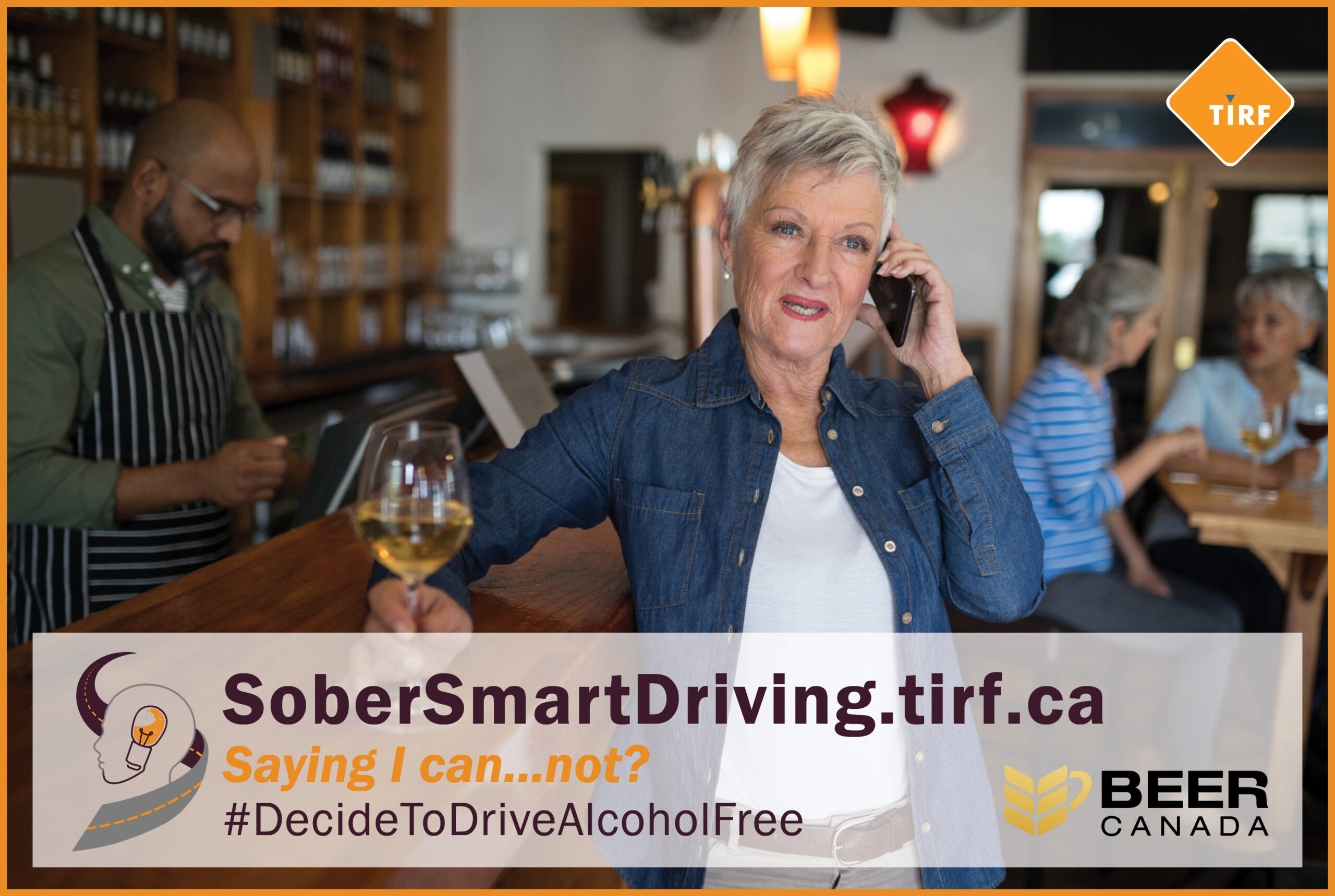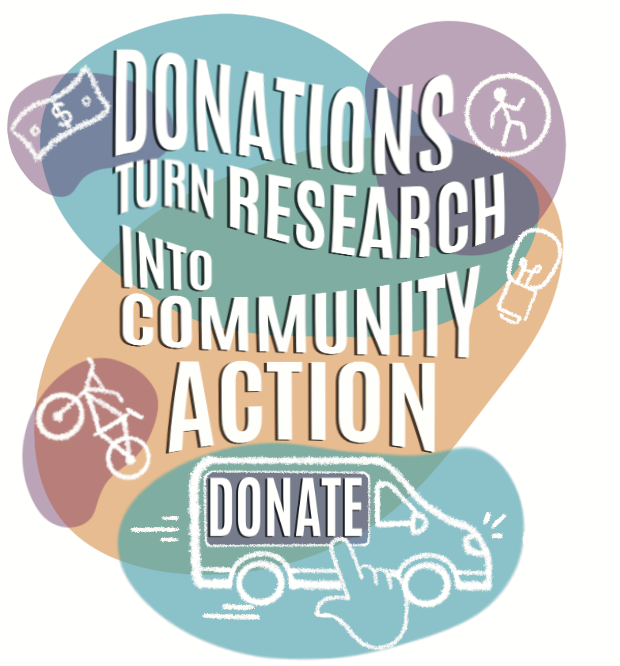Safety concerns discourage women who have been drinking from taking a ride from someone they don’t know.

As teens, we strive to “fit in” and gain acceptance from our peers. We optimistically believe that achieving adulthood brings with it the increased confidence needed to leave behind that insecurity and peer pressure to do things that we instinctively knew were risky, unsafe, or just wrong.
Fast forward two decades and here we are, still saying “sure I can,” “no problem,” and “it’s fine” to family, friends, and colleagues to “go with the flow.” How utterly disappointing to discover as we age that peer pressure is still right there, front and centre. Despite the fact we’ve gained experience, knowledge, and wisdom, there are still times when we succumb to temptation and peer pressure. There can be a variety of reasons personal to each of us and, at the time, may make perfect sense; “it’s easier for everyone,” “I don’t want to be an inconvenience,” “I promised I would,” and “people are counting on me.” Sound familiar? It’s only in hindsight that we find ourselves questioning the wisdom of these choices.
Reluctance to say no affects our decisions in many situations and can play a role in choices to drive after drinking, to take a ride from someone we don’t know well when we’ve been drinking, or ride in a vehicle with a driver who has been drinking. A study by the Traffic Injury Research Foundation shows that women’s choices in these situations can be influenced by peer pressure. Not only do women report feeling pressure from friends to continue drinking; they also report feeling obliged to be the designated driver, even when they don’t feel safe to drive.
What happens when we’re not the designated driver and find out our driver has been drinking? Do we say, “no problem” and get in the car anyway? Or, do we call someone else to come get us? It can be hard to say “I can’t do that” instead of going with the flow, but when our safety is at risk, is it worth it to just go along?

So, how do we stay safe and at the same time make sure we get home safe? Women need to support each other by not pressuring a designated driver to “just have one” and instead help them to say no and avoid drinking alcohol all together. And, if our designated driver chooses to drink and shouldn’t drive, then we speak up and find another option instead of making them feel obliged to drive us anyway.
It’s safe to say the choice between saying nothing and risking lives versus saying something and potentially saving lives, is an easy one. A late-night phone call to a parent, sibling, or friend is worth waking them up and asking for a ride home if it means getting home safely.
After all, isn’t it better to be safe and say, “I can’t” instead of just saying “I’m fine”?
Starting the conversation is easy when you have short facts and tips to share, so check out our downloadable posters and 30-second PSA series. Or, download this topic’s PSA directly: Saying I can…not? PSA
Download & share the Drinking & Driving: Prevention Strategies for Women fact sheet.
#MySafeRoadHome blog authors: Robyn Robertson, President & CEO and Karen Bowman, Director, Communications & Programs, have worked collaboratively, drawing from Robyn’s breadth of knowledge on the topic combined with Karen’s communications and blogging background, to create this blog series. Robyn is the author or TIRF’s knowledge translation model, is well-versed in implementation strategies and operational practices across several sectors.
References:
Drunk Driving: It’s a Women’s Issue Too, Infographic https://tirf.ca/TIRFCAD17I
Robertson, R.D. & Ireland, L. (2016). Drinking & driving among women in Ontario: A qualitative study. Traffic Injury Research Foundation: Ottawa, Ontario. https://tirf.ca/TIRFCAD17H
Sober Smart Driving (formerly Change the Conversation): https://sobersmartdriving.tirf.ca/topics/drinking-its-effect-on-driving/

